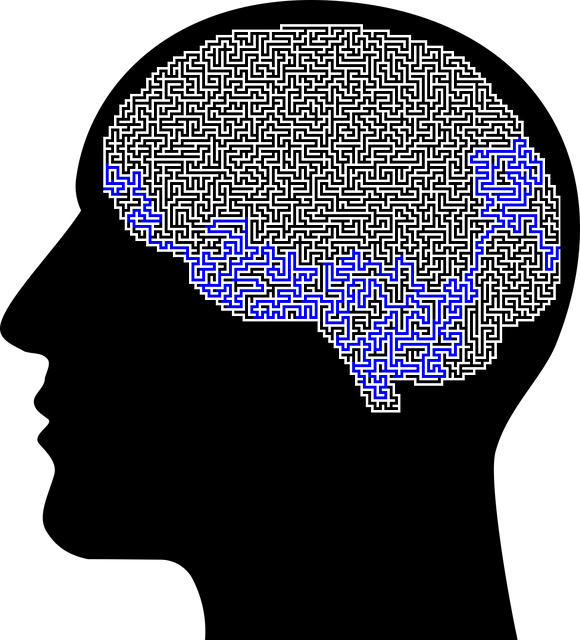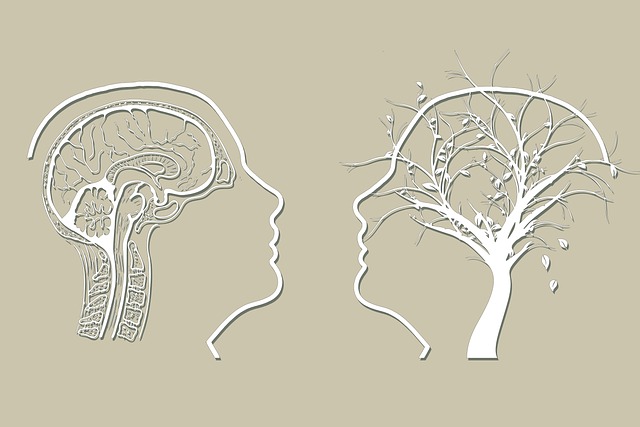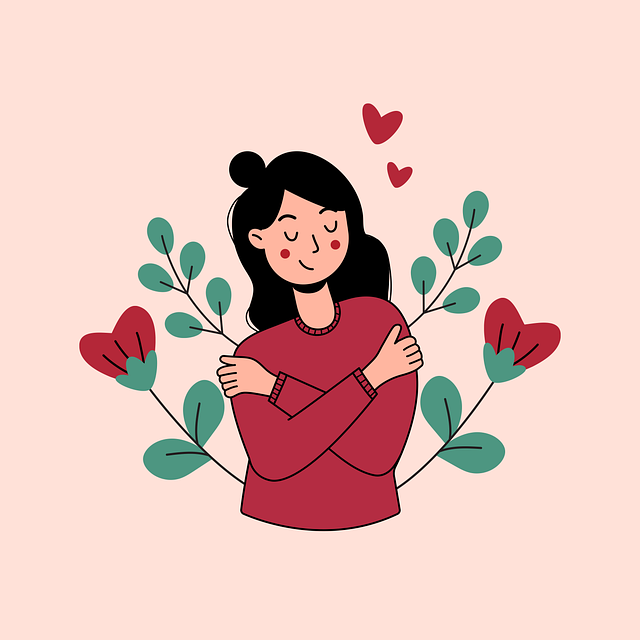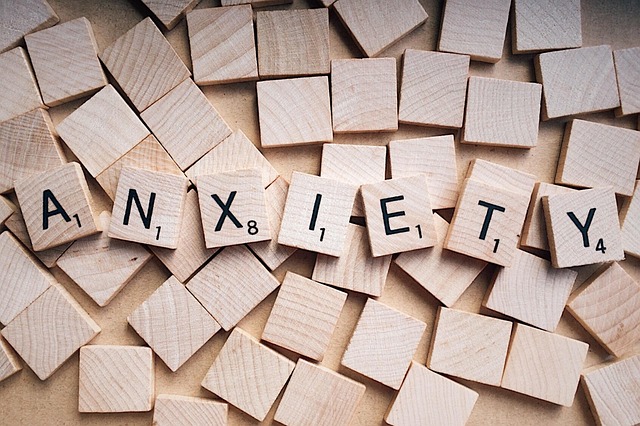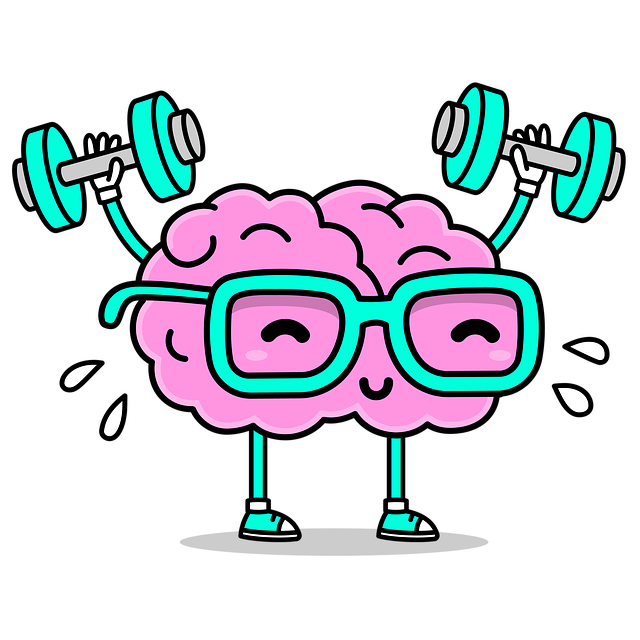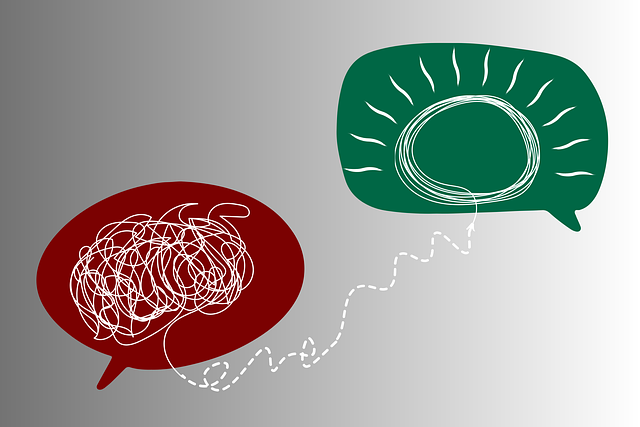Effective mental wellness group facilitation in Littleton relies on understanding diverse member experiences, implementing risk management planning, and utilizing techniques like Mental Wellness Coaching Programs Development. Open dialogue, active listening, and mood management strategies create a supportive environment, akin to Littleton Couples Communication Issues Therapy sessions. Facilitators guide members through emotional expression, self-awareness development, and communication skill enhancement, ultimately improving overall well-being. This specialized approach leverages group dynamics for trauma support, offering valuable insights through shared experiences in a safe, supportive setting.
In today’s digital era, mental wellness group facilitation techniques have become increasingly vital. This article explores the intricate dynamics of mental wellness groups, focusing on effective communication strategies and addressing specific challenges like Littleton couples’ communication issues in therapy settings. By understanding group behavior, facilitators can create a safe space encouraging open dialogue and profound healing. We’ll delve into proven techniques that enhance participation, foster understanding, and revolutionize the therapeutic experience.
- Understanding Mental Wellness Group Dynamics
- Facilitation Techniques for Effective Communication
- Addressing Couples' Communication Issues in Therapy Groups
Understanding Mental Wellness Group Dynamics

Understanding the dynamics within mental wellness groups is a cornerstone for effective facilitation. Each member brings their unique experiences and struggles, creating a diverse and powerful environment. Facilitators must foster an inclusive atmosphere where everyone feels heard and respected, encouraging open communication much like what might be seen in Littleton Couples Communication Issues Therapy sessions.
Risk management planning plays a crucial role here. Professionals must anticipate potential challenges, such as sensitive topics or conflicting personalities, and have strategies in place for addressing them promptly. This ensures the safety and well-being of all participants while facilitating meaningful connections and growth through techniques like Mental Wellness Coaching Programs Development. Additionally, focusing on mood management strategies within these groups can help create a positive and supportive space, enhancing the overall therapeutic experience.
Facilitation Techniques for Effective Communication

Effective communication is a cornerstone of successful mental wellness group facilitation, especially when addressing sensitive issues like those encountered in Littleton Couples Communication Issues Therapy. Facilitators play a crucial role in guiding conversations that foster open dialogue and emotional connection. Techniques such as active listening ensure every participant feels heard, encouraging honest expression of feelings and experiences. This creates a safe space for individuals to explore their inner thoughts, build self-awareness, and strengthen relationships—key aspects of mental wellness coaching programs development.
In facilitating these discussions, facilitators can employ reflective practices, mirroring participants’ sentiments without judgment, to help them process complex emotions. Encouraging self-care practices through open dialogue allows members to share coping strategies, promoting a culture of inner strength development. By fostering meaningful connections and providing a supportive environment, facilitators enable individuals to navigate their communication issues with greater clarity and confidence, ultimately enhancing overall well-being.
Addressing Couples' Communication Issues in Therapy Groups

In therapy groups focused on mental wellness, addressing communication issues within couples is a specialized yet vital aspect. Many Littleton Couples Communication Issues Therapy sessions benefit from group dynamics as they offer a safe and supportive environment for partners to improve their interaction skills. Group facilitators play a crucial role in guiding discussions and teaching effective communication techniques that can enhance relationships and boost self-esteem.
By fostering open dialogue and encouraging active listening, these therapy groups help couples navigate sensitive topics, resolve conflicts, and build stronger emotional connections. The group setting allows partners to gain new insights into their interactions and learn from one another’s experiences, creating a powerful tool for personal growth and trauma support services.
Mental wellness group facilitation is a powerful tool, especially in addressing complex issues like communication problems in couples’ therapy. By understanding group dynamics and employing effective techniques, facilitators can create a safe, supportive environment in Littleton Couples Communication Issues Therapy settings. This article has explored strategies to enhance communication, with a focus on group therapy, offering valuable insights for professionals aiming to improve mental health outcomes through collaborative approaches.



